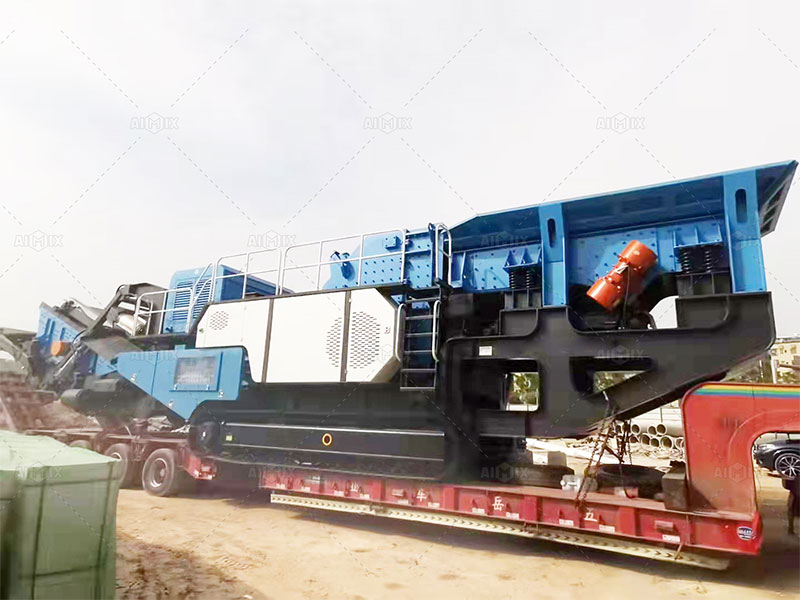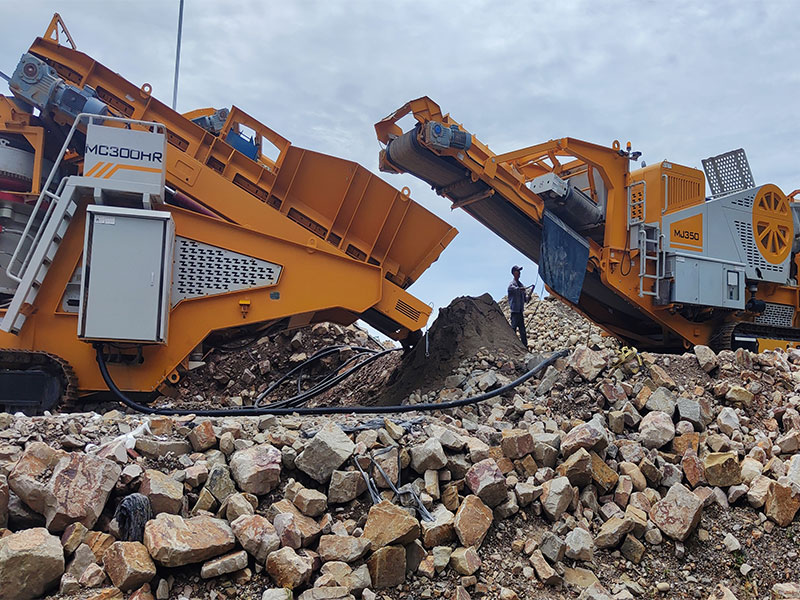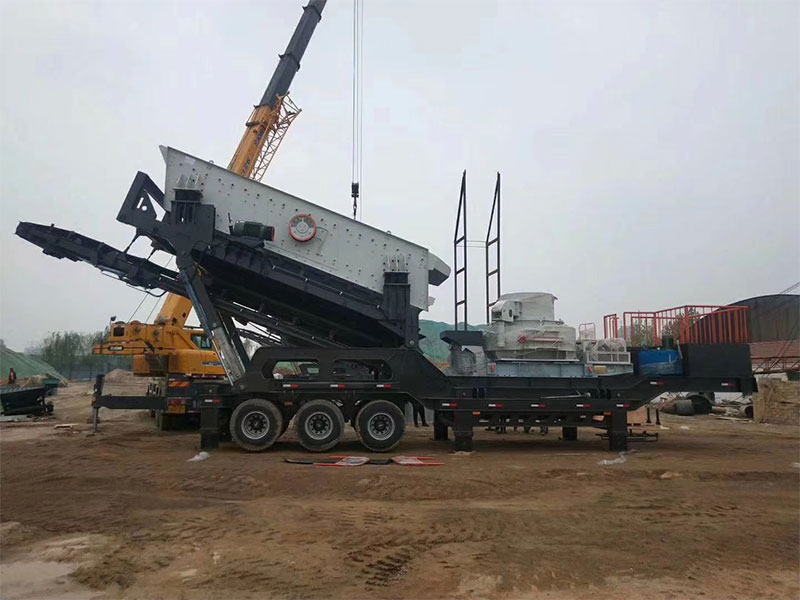In a world increasingly focused on environmental consciousness and sustainable development, it’s essential that every industry plays its part in minimizing its environmental footprint. The construction and mining industry, home to stone crusher plants, is no exception. These facilities, which are essential for the production of crushed stone and aggregate materials, have been adapting to more eco-friendly practices to contribute to a greener tomorrow.
Understanding Sustainability in Stone Crusher Plants
Sustainability, in the context of stone crusher plants, goes beyond simply producing high-quality materials for construction. It encompasses a broader range of practices and considerations that address environmental impact, resource conservation, and long-term viability. Let’s delve into how sustainability is achieved in these stone crushing plants.

1. Resource Efficiency and Conservation
Sustainability starts with efficient resource use and conservation. Stone crusher plants source their raw materials from quarries and mines, which are finite resources. To promote sustainability, these facilities must adopt resource-efficient practices, including:
Optimizing Material Use: Minimizing waste by using innovative crushing techniques to maximize the yield of usable materials from the raw rocks.
Recycling and Reusing: Incorporating the use of recycled and reclaimed asphalt pavement (RAP) and other materials in the production process, reducing waste and conserving resources.
2. Energy Efficiency
The energy-intensive nature of stone crushing operations demands a focus on energy efficiency. Sustainable stone crusher plants with a good stone crusher machine price:
Employ Modern Technology: Use advanced equipment and technology that consumes less energy and produces less greenhouse gas emissions.
Warm Mix Asphalt: Implement warm mix asphalt (WMA) technologies that reduce the energy required to produce hot mix asphalt (HMA) by lowering production temperatures.

3. Reducing Emissions and Air Quality
Emissions from stone crusher plants, including dust and exhaust from equipment, can have a significant environmental impact. To promote sustainability, these facilities are adopting measures to minimize emissions and protect air quality:
Dust Control: Use dust control systems, such as water sprays, dust collectors, and enclosures, to reduce airborne dust during the crushing process.
Emission Controls: Install emission control systems on equipment to limit the release of pollutants into the atmosphere.
4. Recycling and Reclamation
Sustainability involves a commitment to reusing and recycling materials. Stone crusher plants are incorporating practices to promote recycling and reclamation, which are key components of sustainability:
Recycling of RAP: Reclaiming and reusing old asphalt material in new asphalt mixtures, reducing the need for fresh raw materials.
Reclaiming Sites: Rehabilitating quarries and mining sites after they have been depleted to restore natural environments and landscapes.
5. Noise Control
Noise pollution is a concern, especially in areas near crushing plant. Sustainable practices include the reduction of noise levels through:
Acoustic Barriers: Installing acoustic barriers and noise-absorbing materials to mitigate the impact of plant operations on surrounding communities.
6. Environmental Impact Assessment and Planning
Sustainable stone crusher plants often involve detailed environmental impact assessments to evaluate and minimize their impact on the surrounding environment. This includes the identification of sensitive areas, such as wetlands or protected habitats, and the implementation of measures to protect them.

7. Responsible Water Management
Stone crusher plants may consume a significant amount of water for dust control and equipment cooling. Sustainable practices include responsible water management, such as:
Water Recycling: Implementing systems to recycle and reuse water for various plant processes, reducing water consumption and waste.
Water Quality Protection: Implementing measures to protect water quality by preventing contamination and runoff.
The Benefits of Sustainability in Stone Crusher Plants
The adoption of sustainable practices in stone crusher plants yields numerous benefits, not only for the environment but also for the industry and society as a whole:
Reduced Environmental Impact: Sustainable practices reduce the ecological footprint of stone crusher plants, contributing to the preservation of natural resources and ecosystems.
Improved Public Health: Lower emissions and dust control measures create a healthier living environment for nearby communities, minimizing health risks associated with air and noise pollution.
Resource Conservation: By optimizing material use and reclamation, the portable crusher plant conserves natural resources for future generations.
Cost Savings: Many sustainable practices, such as energy efficiency and recycling, result in cost savings for plant operators.
Positive Public Perception: Embracing sustainability enhances the reputation of stone crusher plants and the construction and mining industry as a whole.
Challenges in Achieving Sustainability
While the path to sustainability in stone crusher plants is clear, it is not without its challenges. Overcoming these hurdles requires dedication and innovation:
Initial Investment: Some sustainable practices may require an initial investment in equipment or technologies. However, the long-term benefits often outweigh these costs.
Regulatory Compliance: Adhering to environmental regulations and obtaining necessary permits can be complex, but it is essential for sustainable operations.
Change Management: Embracing sustainability often involves changes in operations and practices, which may require workforce training and adaptation.
Conclusion
Stone crusher plants are transforming their operations to align with the principles of sustainability, making them not only efficient but environmentally responsible. Sustainability in these facilities encompasses resource efficiency, energy conservation, emissions reduction, recycling and reclamation, noise control, and responsible water management. The benefits of sustainability extend beyond environmental preservation to include public health, cost savings, resource conservation, and an improved industry reputation.
In a world where sustainability is a shared responsibility, stone crusher plants are building a greener tomorrow, one crushed rock at a time. By adopting and advancing sustainable practices, they are not only contributing to the preservation of our environment but also setting a positive example for industries far and wide.
